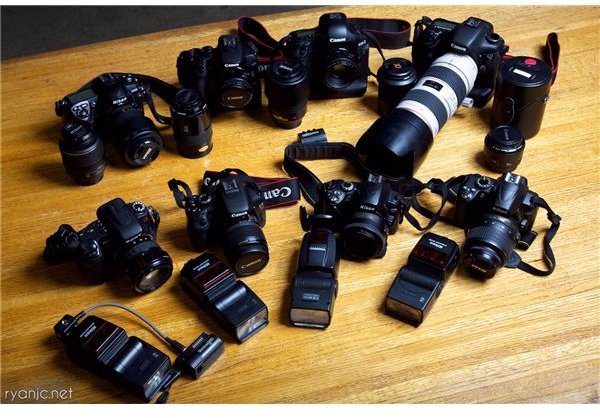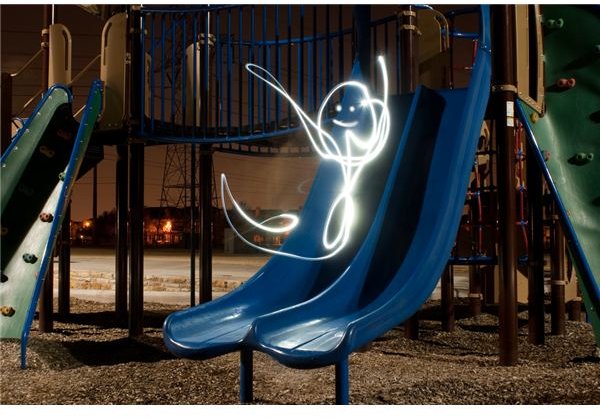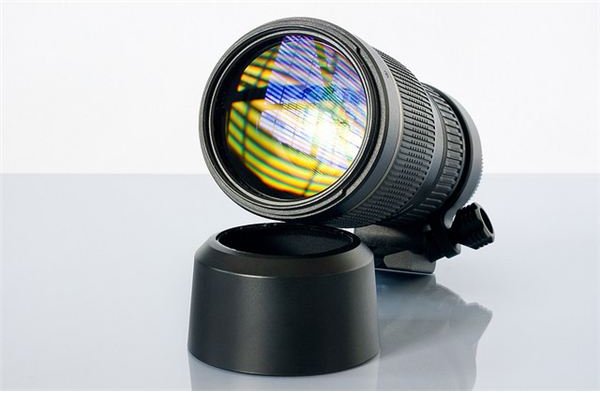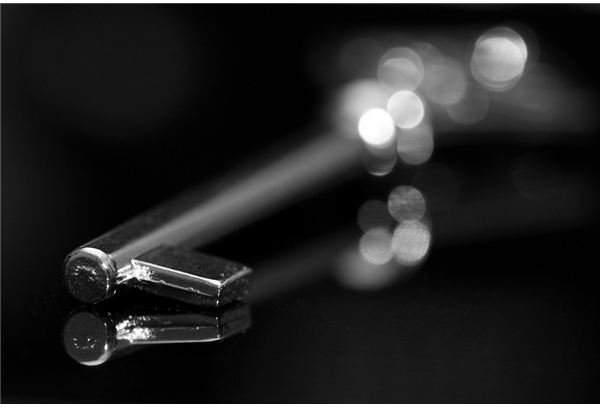Tips on How to Become a Photographer
The Key to Becoming a Better Photographer
There are so many different types of photographers out there, but they all have one thing in common: they all use a camera. Yes, some are fancier or more expensive than others, but when you get down to it, a photographer’s job is to capture an image and any camera can do that. It has been said that the best camera is the one you have with you so that you never miss a shot! Anyone can be a photographer, you just need to start taking pictures! Learning about photography is a journey that never ends.
You may have come across this article after getting your first digital SLR camera or out of interest in starting photography as a hobby. Either way, we’re glad you’re here and we hope you learn something.
Understanding the Basics of Photography
To become a better photographer, you must first understand the basics of photography. This includes learning about the elements of exposure and photographic composition. These two keys to photography are 90% of what you need to understand to making a great photograph. The remaining 10%? Perhaps a bit of luck. By learning these two fundamental principles of photography, you will be ahead of a majority of the other photographers out there and your photos are sure to get noticed!
By exposure, we mean the three elements:
- Aperture – Aperture is how wide the opening of the lens is. A larger aperture (or lower f-stop number) indicates a wider opening, thus letting more light in to your camera. A larger aperture is commonly used to let more light into the camera (in dark situations) or to have less depth of field. Wide apertures give photos that distinctly SLR “professional” look with “blurry backgrounds.”
- Shutter Speed – Your shutter speed determines how long the shutter is opened. A longer shutter speed conveys motion through blurred moving subjects. A short fast shutter speed stops motion. Consequently, a longer shutter speed lets more light in since the camera’s sensor is exposed for a longer duration.
- ISO – The ISO setting on your camera determines how sensitive to light your camera is. The catch is that a higher ISO setting will result in noisier (grainier) images. But if you need more light to make the proper exposure and steady your shot, raise your ISO to compensate for the lack of light. Outdoors or in plenty of light, use lower ISOs to have vibrant clear images.
The Equipment of a Photographer

As you specialize or advance in your photography skills, you will naturally begin to upgrade your camera gear. A photographer is not defined by his or her camera, but by their photos. A camera is simply a tool of the trade. Many people, especially those in online forums and blogs, get caught up in having the latest camera bodies, lenses, and lighting equipment. Often these are just distractions or excuses for not taking good pictures or knowing how to use what you already have properly.
You can’t expect to jump to a high-end camera if you haven’t mastered the basics and functions of your own camera. A camera is a tool and only as effective as the user’s ability to operate it.
In fact, the number one most popular “camera” used on Flickr until most recently was the Apple iPhone. Because camera phones go where you go, they are there to capture every memory. You can see a list of Flickr’s top listed cameras here. Don’t be afraid if you don’t have the latest camera. Just learn to take better photos with the camera you already have!
Learn About Photography
Learn as much as you can about the art and everything related to it. If you are as passionate about photography as I am, this comes quite naturally. I try to learn as much as possible and read anything pertaining to photography that I can get my hands on. In my free time when I’m not out shooting, I’m usually reading up on photography blogs, websites, forums, books, or magazines to soak up all the information I can. Our photography tips and tricks or techniques section is a great place to pick up quick handy tips and learn something new. I guarantee you it will come in handy and be time well spent!
Continue on to the next page to learn more on how to become a photographer.
Photography Specialties

Finding your photography niche comes with time as you hone your skills and find what you enjoy shooting and what you are good at. There are two degrees of specializing in photography, the amateurs and the professionals. Just because the professionals make money off of their work doesn’t mean that amateurs can’t be just as if not more passionate about the art as professionals. Often times, a hobby can be more enjoyable and relaxing than becoming a professional photographer working for a living.
There are so many specialties and types of photography to explore once you become familiar with the basics. Here are a few just to name some of the most popular ones.
Wedding Photography – If you have a camera and a family member or friend is getting married, chances are they may just ask you to take photos of their big day. Many people even end up choosing this route to pick up some extra money on weekends. Wedding photographers need to be fast on their feet and be prepared and organized.
Portrait Photography – Portrait photography is very popular and can be applied to many other aspects of photography. Lighting is the key to taking the perfect portraits.
Photojournalism – Photojournalism is about documenting events and shooting photos as they happen in reality. They are usually up close and personal and capture every moment of a big event. This can be applied to newsworthy events, photographing a graduation, weddings, or other parties. Photojournalism requires the photographer to be very personable and willing to be in the middle of the action.
Travel Photography – Travel photography can be as simple as taking family portraits on your trips or taking beautiful photographs of the scenery, people, culture, and famous landmarks. Travel photography requires a lot of planning and preparation which can pay off with some amazing photos to remember your vacation
Spread the Word
Share your work with friends, family, and the internet and let your enthusiasm shine in your work. Your excitement and dedication will shine in your work. The best outlet for showing off your own work or portfolio would be on the one of many online photo storage websites like Flickr, where millions of people can view and comment on your work. Many amateur photographers have made their transition to professionals and gained clients through Flickr because it is such a popular outlet for individual and freelance photographers.
Get and Give Feedback on Your Work
When learning how to become a photographer, getting feedback and constructive criticisms on your work are great ways of helping you improve your photography. Sharing photos online as mentioned above is a great way to gain this valuable feedback and to see what your friends and others are photographing. Critiquing photos from other photographers will help establish your own style and differentiate your own work.
Be Original With Your Photography

While anyone can become a photographer, you are unique, so your work should reflect your individuality and uniqueness. You don’t have to necessarily come up with your own distinct style, but over time, this will come naturally. Have fun with your work and take creative photos!
Practice Makes Perfect
Like any other skill or hobby, practice will make you a better photographer. The photography greats and professionals didn’t get there overnight. It took hard work and dedication. As you work at it, your eye will naturally begin to compose your shots for you and your brain will start thinking like a camera in terms of exposure and seeing light as if it were a single still image.
